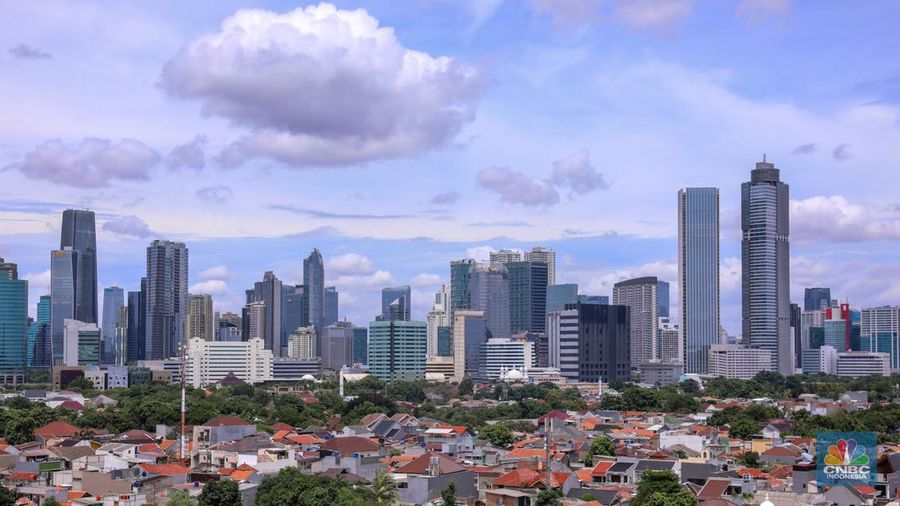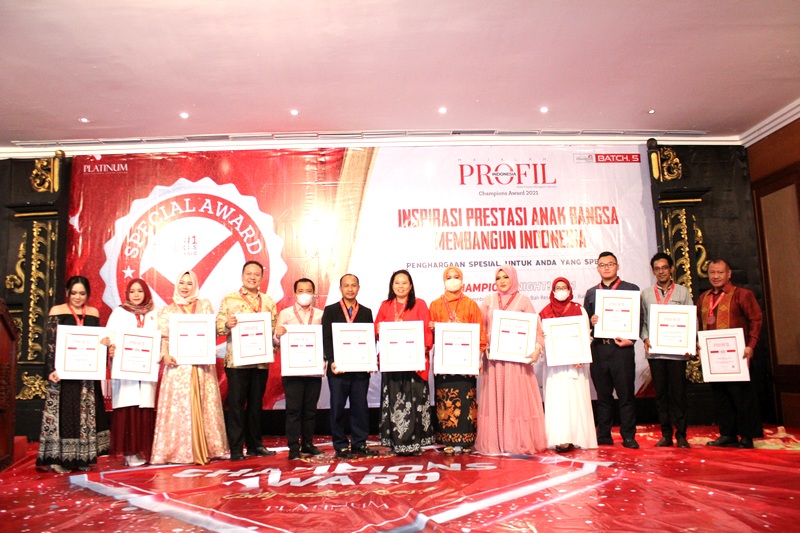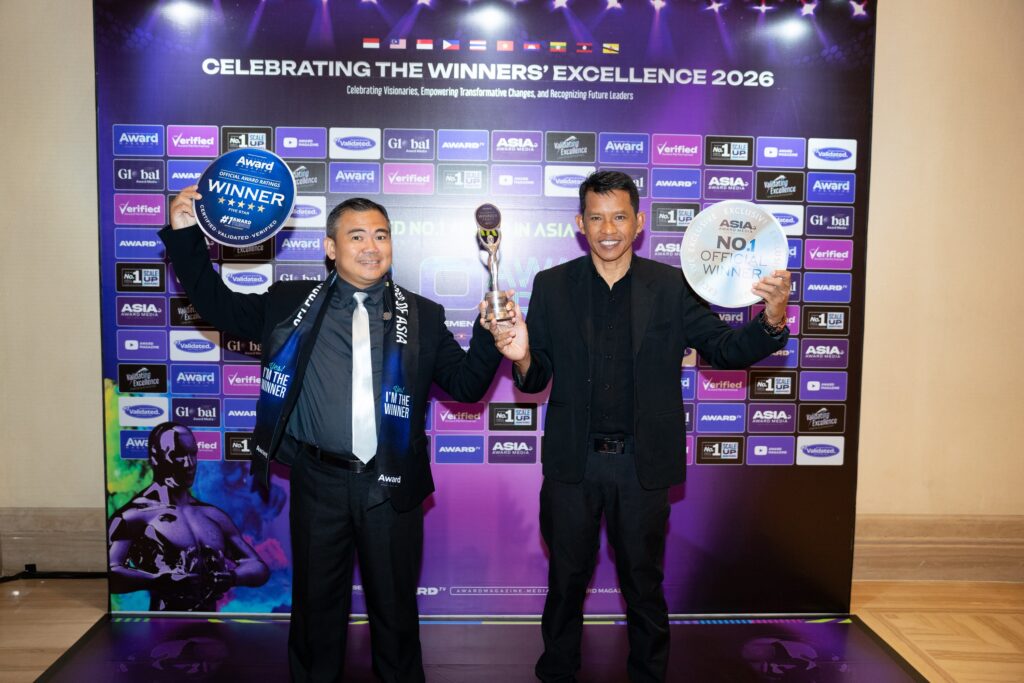Jakarta — Before the popular notion of Indonesia’s “Nine Dragons” emerged, there was another elite circle whose influence on the nation’s economy was formidable: the “Gang of Four.” Formed in the late 1960s, this alliance of Sudono Salim, Sudwikatmono, Ibrahim Risjad, and Djuhar Sutanto would go on to dominate multiple industries during the height of President Suharto’s rule.
Their story began in 1968, when chance encounters brought them together. Salim and Djuhar were seasoned traders, while Sudwikatmono and Risjad were still salaried employees. A key turning point came in 1963, when Salim, already close to Suharto, was invited to his residence. There, he met Sudwikatmono — a cousin of Suharto — who was on duty guarding the home. Impressed by Suharto’s recommendation, Salim invited him to join his business, offering a monthly salary of 1 million rupiah and company shares, a windfall compared to his previous wage of 400 rupiah.
The partnership deepened as Suharto sought to navigate regulatory barriers — at the time, Salim was not yet an Indonesian citizen and faced challenges in securing loans. Sudwikatmono’s citizenship provided the solution, effectively making him a guarantor for the group’s ventures.
A second major link was forged through Djuhar Sutanto, who had been involved in a military-affiliated firm called Kongsi Bintang Lima. When the company broke apart, Suharto introduced Djuhar to Salim, and the two aligned quickly. By 1968, Salim, Sudwikatmono, and Djuhar joined forces, later bringing in Ibrahim Risjad, an employee of their newly acquired CV Waringin.
Initially focused on trading coffee and other primary goods, the group soon expanded into rubber production in Sumatra. Once Salim and Djuhar secured Indonesian citizenship and Suharto assumed the presidency, their business empire accelerated.
The Gang of Four’s ventures grew into the Salim Group — launching flagship companies like Bogasari Flour Mills, Indocement, Indofood, Indomilk, Indomobil, and Indomaret. These brands became household names, dominating markets from food and beverages to retail and automotive. With Suharto’s political backing, their expansion was virtually unstoppable.
Over time, each member built his own sprawling business empire while maintaining close ties to the Salim Group. Their legacy is a testament to how personal networks, political patronage, and strategic partnerships shaped Indonesia’s economic landscape — and how a small circle of allies could wield influence over entire industries.






